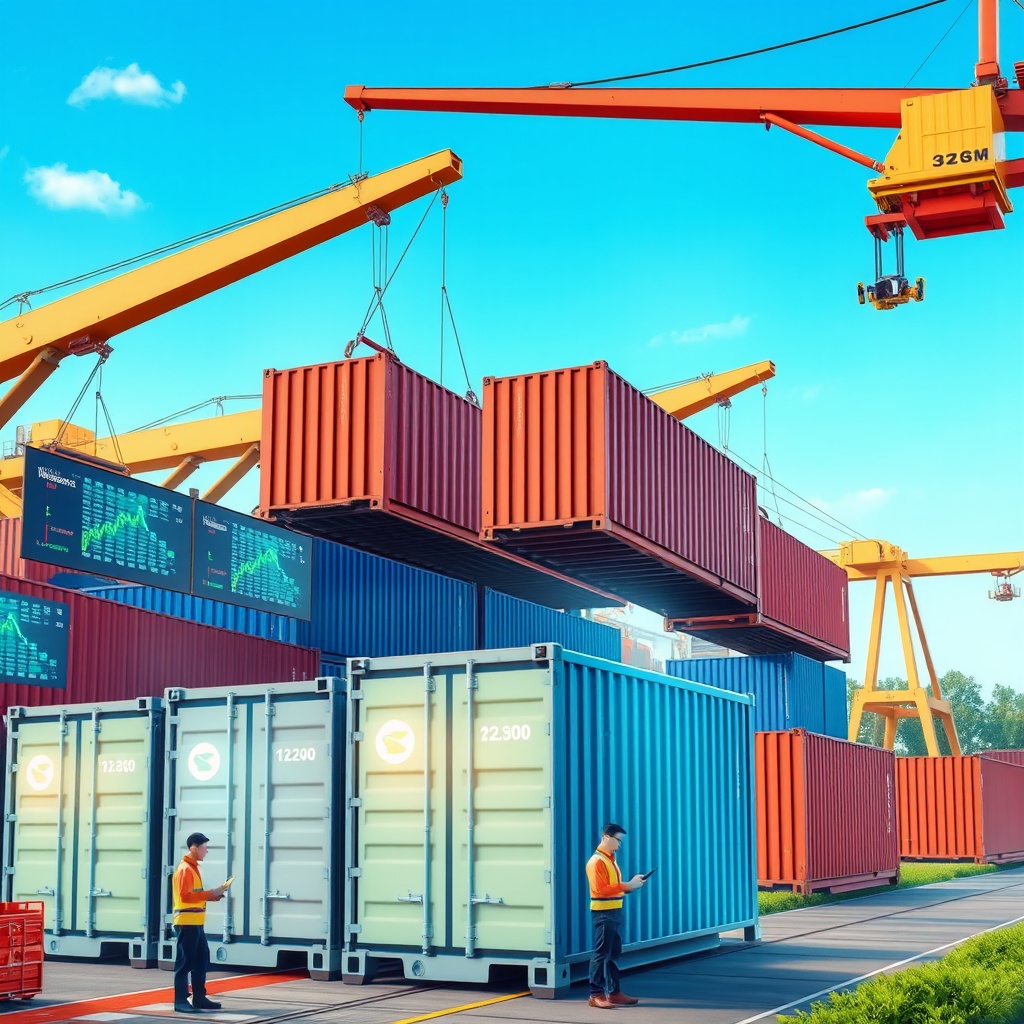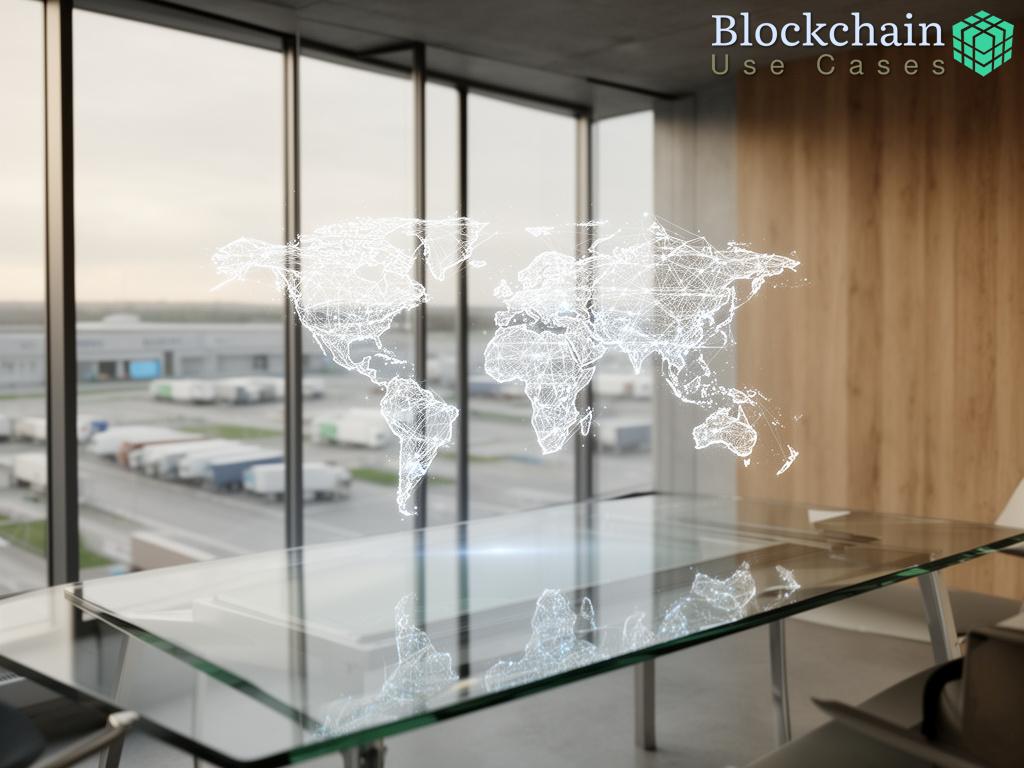The logistics industry is on the brink of a technological revolution, thanks to the advent of tokenized shipping containers. This innovative approach combines the power of blockchain technology with traditional asset management, creating a paradigm shift that promises to enhance transparency, efficiency, and security across the supply chain. Imagine a world where every container is a digital asset, tracked and managed in real-time, reducing delays and minimizing losses. Let’s dive deeper into how tokenization is reshaping the landscape of logistics.
How Tokenization Transforms Asset Management

Tokenization refers to the process of converting physical assets into digital tokens that are stored on a blockchain. In the context of shipping containers, this means that each container can be represented as a unique digital asset, providing a wealth of information at the click of a button. This transformation offers several key benefits that streamline operations and improve asset management:
- Enhanced Transparency: With tokenized containers, all stakeholders can access real-time data regarding the location and status of their shipments, fostering trust and collaboration.
- Improved Efficiency: Automated processes reduce the time spent on paperwork and manual tracking, allowing logistics companies to focus on core operations.
- Increased Security: Blockchain’s immutable nature safeguards against fraud and unauthorized access, ensuring that sensitive data remains protected.
Comparative Analysis: Traditional vs. Tokenized Logistics
To truly appreciate the impact of tokenization, it’s essential to compare traditional logistics management with the emerging tokenized approach. Here’s a snapshot of the differences:
| Aspect | Traditional Logistics | Tokenized Logistics |
|---|---|---|
| Data Accessibility | Limited and fragmented | Real-time and centralized |
| Tracking Precision | Manual and prone to errors | Automated and precise |
| Cost Efficiency | High operational costs | Reduced costs through automation |
Future Outlook: The Road Ahead for Tokenized Shipping
As the logistics industry embraces digital transformation, the future appears bright for tokenized shipping containers. Companies that adopt this innovative approach will likely gain a competitive edge, leveraging enhanced tracking capabilities and improved asset management practices. With ongoing advancements in blockchain technology and an increasing number of industry players entering the space, the potential for growth and innovation is limitless. As we look ahead, it’s clear that tokenization is not just a trend—it’s a fundamental shift that will redefine logistics as we know it.





